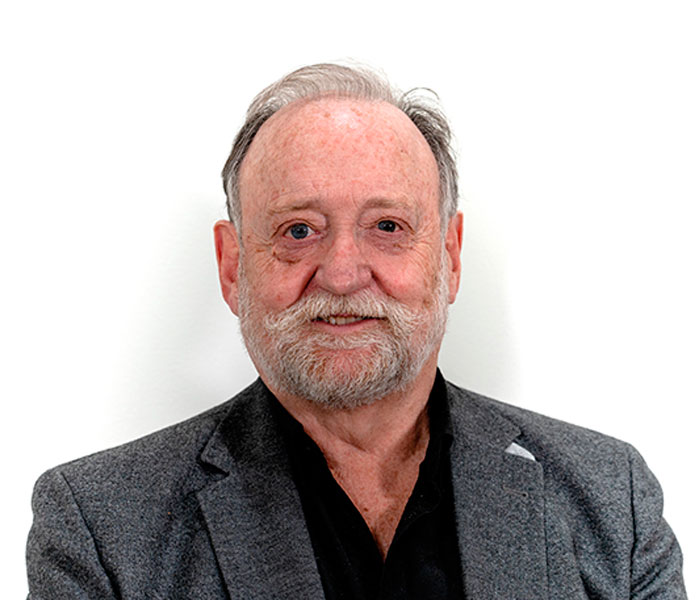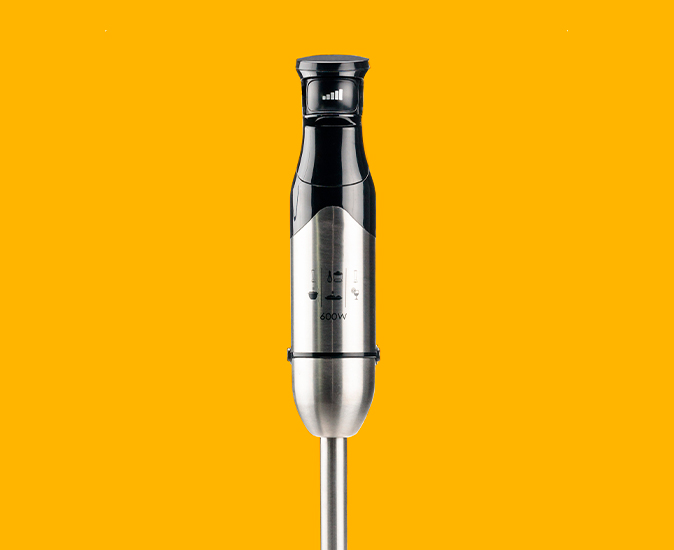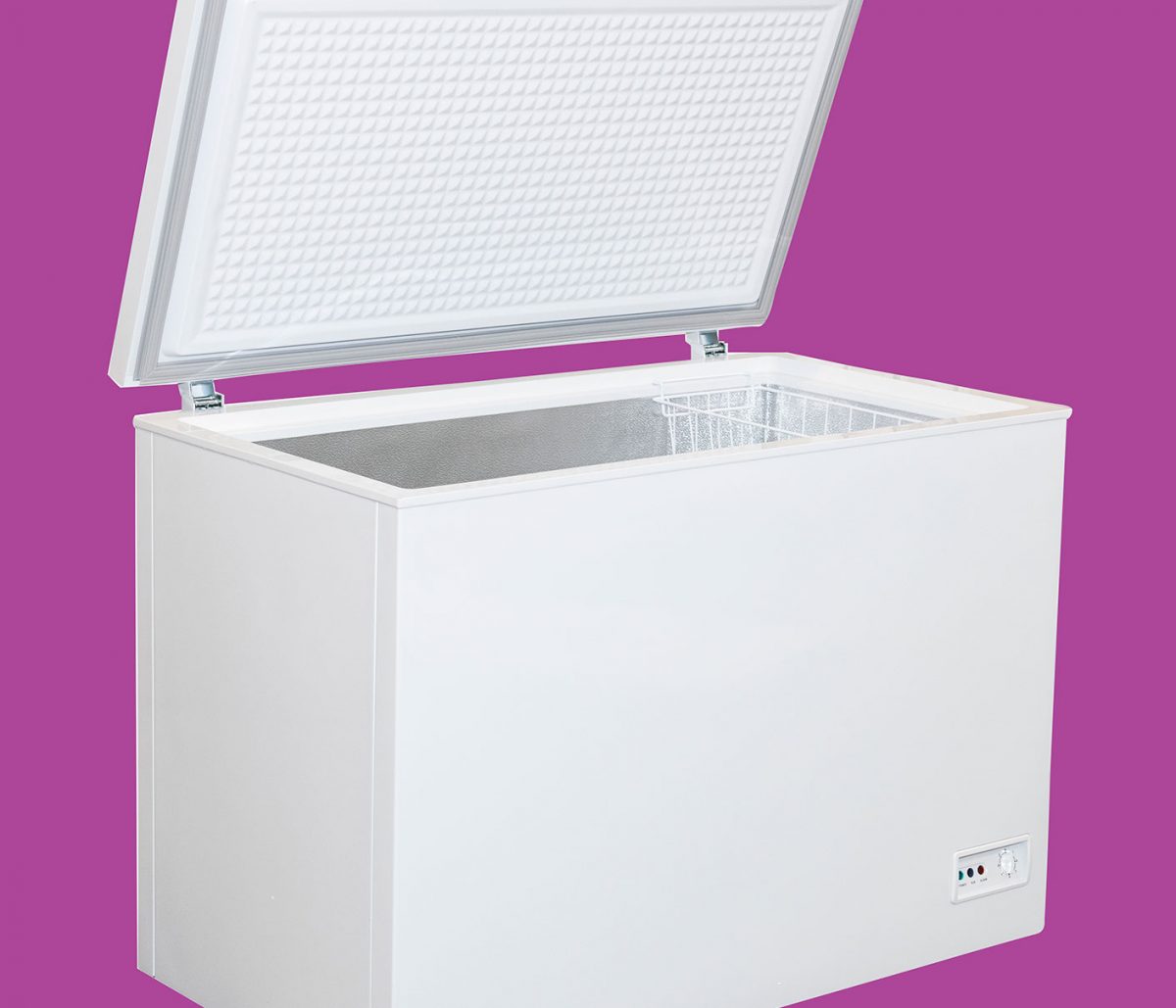
The challenge of consolidating a project for the future
Andrés Martínez – General Manager 2012-2016
Andrés Martínez exercised the responsibility as general director during the second term of the entity, consolidating the growth of a reference project in the electronic recycling sector.

1. When you became general manager, what were your main objectives?
The objectives I was given by the Foundation’s trustees were to meet or exceed the targets set by the Spanish government with the utmost thoroughness and highest ethical standards. Most of our members are leading companies, both multinational and national, in which compliance with environmental obligations is part and parcel of their overall objectives.
For this reason, when the Ecotic Foundation was created, when I was part of the Board of Trustees representing the producers, we set out to establish a collaborative and ethical organisation with all the stakeholders in the sector.
With this purpose, Ecotic’s management team worked to improve the response to producers’ demands, increasing the efficiency of the waste management systems, and we introduced annual audits to our producers for the sake of transparency.
An approach that allowed us, in line with our founding purpose, to increase our turnover and waste collection, and to establish close partnership bonds with all the sector’s stakeholders and with the Administrations.
By the time my term as head of Ecotic came to an end, I am happy to say we met all our objectives, thanks to the phenomenal human team that I had the honour to lead.
2. What were the most significant changes that affected the sector?
At that time the environmental sector was disconnected. Each activity subsector, from the recoverers and recyclers through to the household appliance distributors, had a limited vision of its own targets, without any clear guidelines having been established. The challenge was therefore to learn to work together to achieve the same targets set by the Ministry.
This also meant that we, the Producer Responsibility Organisations (PRO), had to work more cohesively. To this end, we strengthened OfiRaee, our coordinating office, and we were the first to develop, during the tenure of my predecessor, Joan Riba, a software that is essential for achieving greater and better control of the quantities of WEEE collected.
And we also managed to offer the sector highly significant improvements, which I can say these joint achievements of the PRO were achieved thanks to internal changes in organisation that occurred during this period and that improved the understanding between us.
3. What were the most relevant achievements secured during your time as general manager?
I would highlight two things. The first was the improvements in efficiency in waste management, which we achieved by working with as many processing plants as possible, prioritising the proximity of the origin of the waste with the plants, re-ordering the market prices and supervising the correct management and traceability of the waste of our suppliers, which included the traceability of the waste from the distribution.
Secondly, the confidence placed in us by the producers who chose Ecotic, which was demonstrated by the high level of loyalty. This led to a spectacular growth in turnover and, as a result of collections which put us, along with other systems, as leaders in the management of large domestic waste appliances.
4. How do you think the electronics recycling sector will evolve?
I’m absolutely sure it will evolve into a more controlled and professional sector, with guidelines and ordinances at European level, which will be transposed in Spain into targets set by the Ministry for the Ecological Transition and the Demographic Challenge and other requirements of the Autonomous Regions. My view is that it will become an increasingly effective sector in order to meet the significant environmental challenge that is WEEE management.

